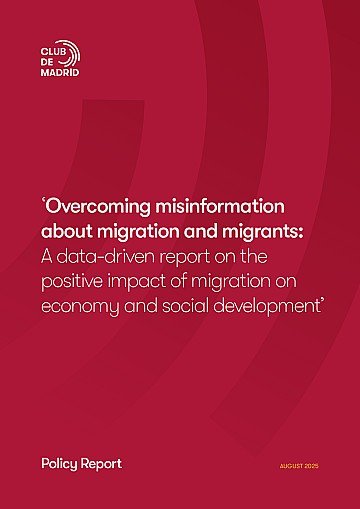Résumé. This article aims to rethink the issue of the incorporation of China’s internal migrants into Chinese cities through the lens of residential issues. My approach differs from existing studies in three ways : it “de-orientalizes” the literature on internal migrants in China, which has primarily questioned the relevance of Western liberal citizenship theory in the Chinese case ; it “demigrantizes” the research on migrants, which is overwhelmingly centred on a conception of migrants as a homogeneous social group in competition with the urban citizens ; it “de-hùkǒuizes” the question of incorporation into the city, by approaching it from more than just a legal and administrative angle. By looking at migrants’ ways of “inhabiting the city”, my study does not dismiss the effects of legal status, but also emphasizes other factors that migrants consider crucial for their urban anchoring. The results highlight highly selective “top-down” mechanisms of integration with regards to migrants, which also contribute to the creation and perpetuation of urban interstices of informality. These intersticesare the spaces where migrants develop their own residential and long-term anchoring strategies in the city.
Digest/ Comunicado
PUBLI : Cinzia Losavio, "The urban residential anchoring of Chinese internal migrants: evidence from Zhuhai", Belgeo, 4, 2023
Compatibilidad
Ahorrar(0)
lscandella
Comunicados relacionados
Difundircheck Ahorra tiempo en tu trabajocheck Aumenta las posibilidades de difusióncheck Conoce los periodistas más acreditados
encuentracheck Personaliza tu digestcheck Guarda y organiza los comunicadoscheck 30.000 Empresas y profesionales de la comunicación

Juegos
Política Nacional
Defensa/Fuerzas Armadas

Emigración
Inmigración
Sociedad

Legislación/Derecho
Política Nacional
Defensa/Fuerzas Armadas